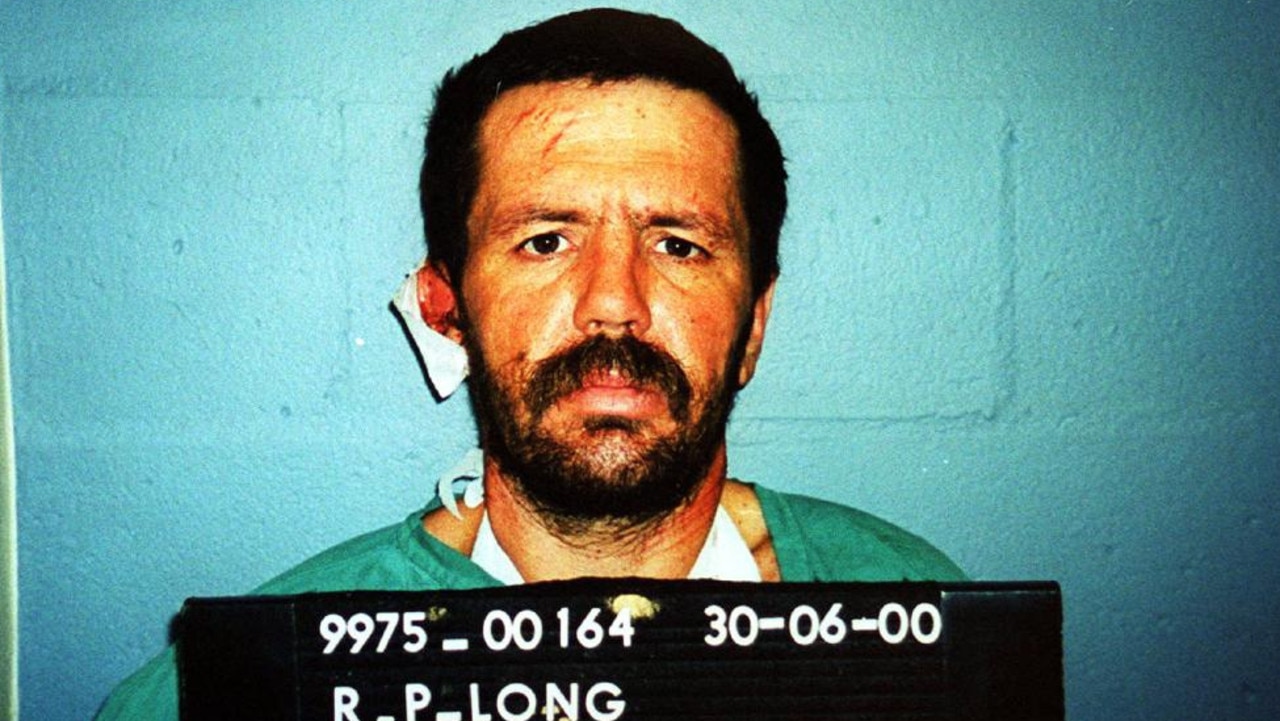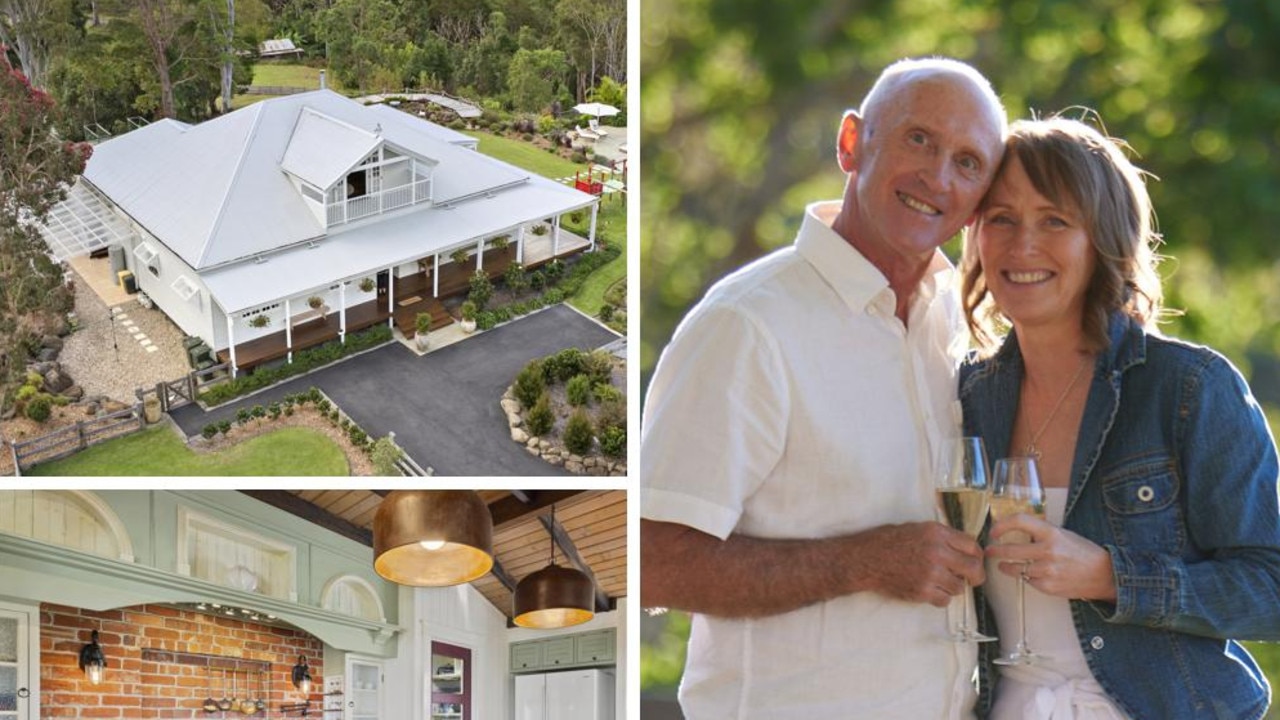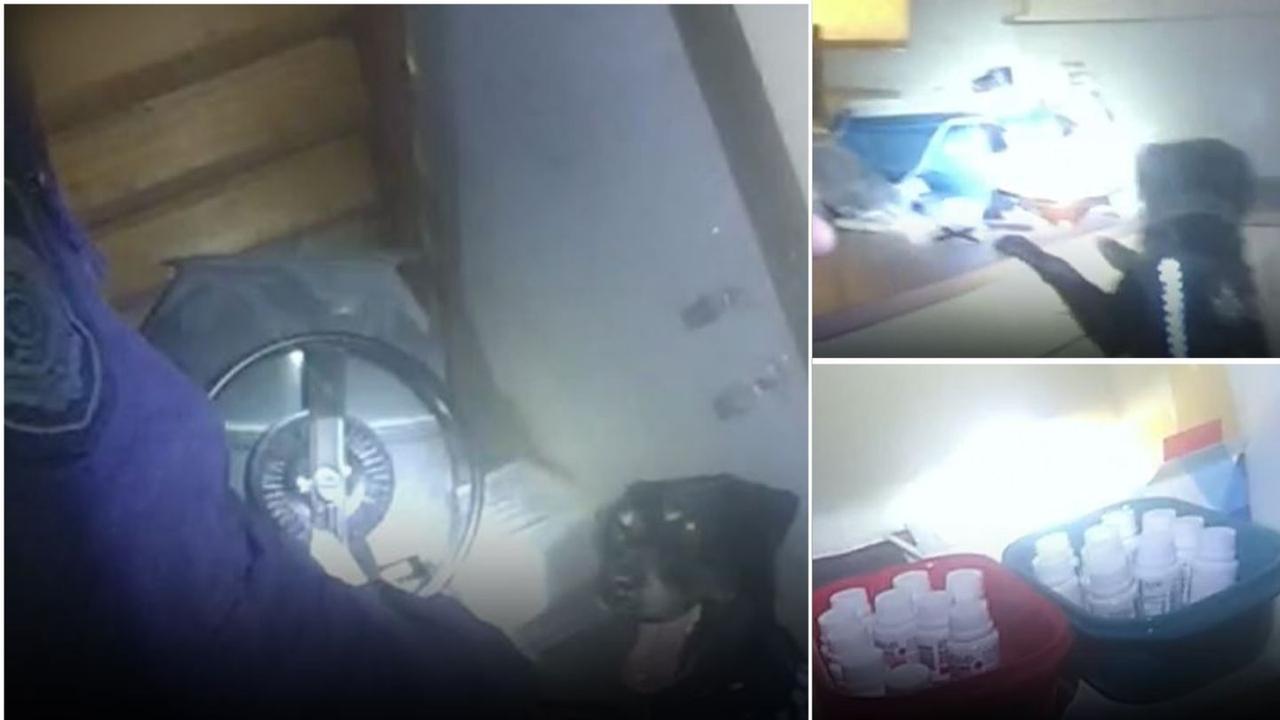Domestic violence Qld: Top cop shocked by surge in statistics
Police Commissioner Katarina Carroll has expressed shock at the “awful statistics” of Queensland’s surging domestic violence scourge.

QLD News
Don't miss out on the headlines from QLD News. Followed categories will be added to My News.
Queensland has recorded almost 500 domestic violence incidents a day, as shocking new figures reveal an increase of more than 40 per cent since the murders of Hannah Clarke and her children – despite their deaths changing the conversation around control and abuse in relationships.
In an exclusive interview with The Sunday Mail, Police Commissioner Katarina Carroll said she was shocked by the “awful statistics”, which she had never seen the equivalent of in her lengthy career.
The state recorded a horrific 171,750 domestic violence incidents in the 2022-23 financial year – or about 470.5 a day – compared with 138,928 in 2020-21 and 90,000 for 2017-18.
Police are also being swamped with domestic violence calls for help, with a 30 per cent increase in one year.
“In my policing history, I have never seen such a massive increase of percentages in one year – in any crime class,” Ms Carroll said.
“I was shocked. They are awful statistics.”
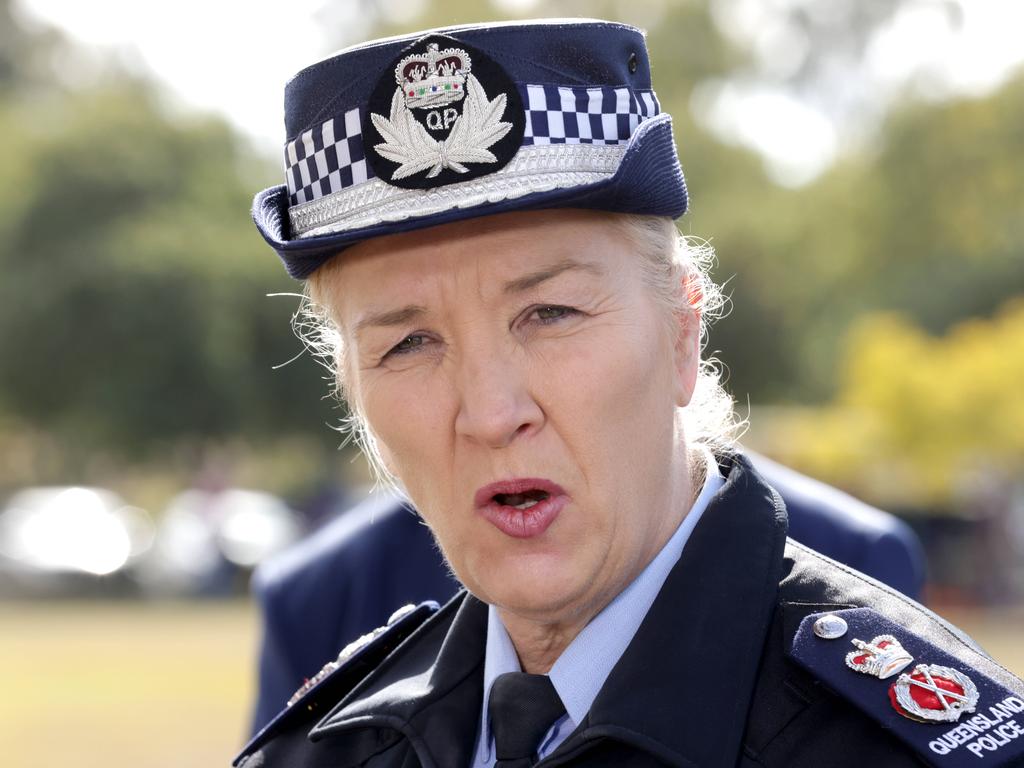
There was a 31 per cent increase in domestic violence strangulation and nearly 60,000 breaches of domestic violence protection orders in the past financial year.
Other Australian jurisdictions are also experiencing alarming hikes.
Ms Carroll said there was no simple explanation, but an increase in awareness, more training for police and a willingness to report a once-taboo crime were not entirely responsible.
She said it was clear that more people were abusing their partners.
“It’s extraordinarily complicated and complex,” Ms Carroll said.
“I don’t think that we are ever going to get the right (explanation).
“We think, yes, there is an increase.
“We think also the fact that there have been very loud conversations about domestic violence that have brought extraordinary awareness.”
Ms Carroll said the families of Allison Baden-Clay and Ms Clarke and her children Aaliyah, 6, Laianah, 4, and Trey, 3, had worked for years to raise awareness and help keep women safe.
Ms Baden-Clay was murdered by her husband in 2012.
He had not previously been known to be violent, but family members were aware of his controlling and abusive behaviour towards his wife.
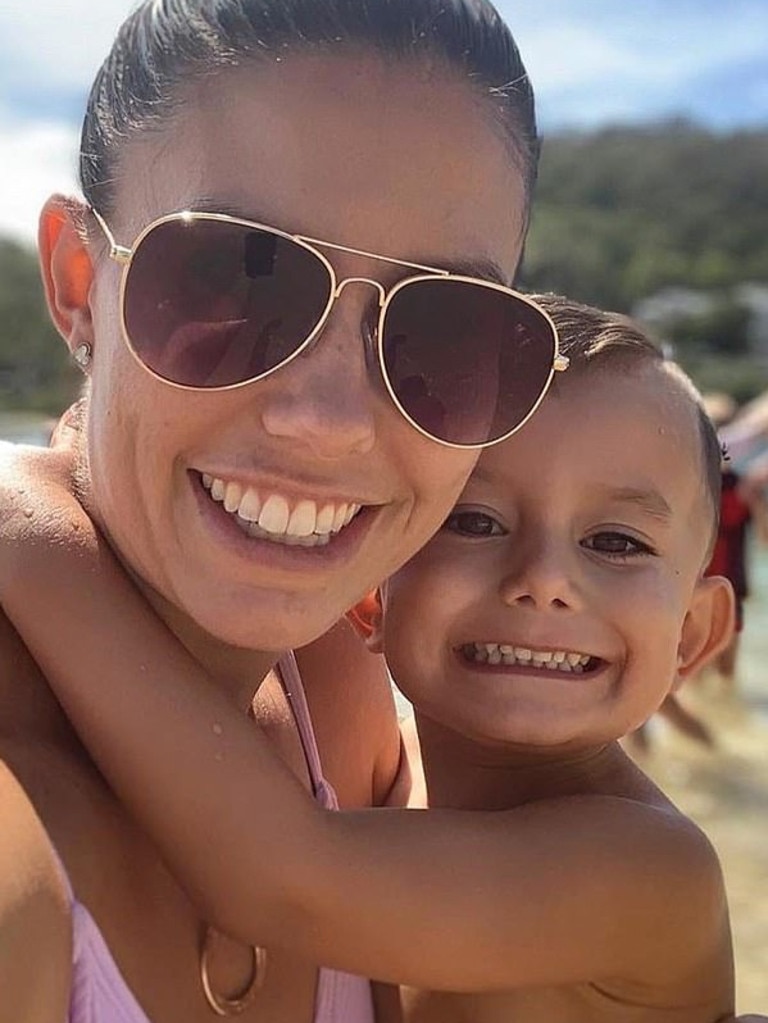
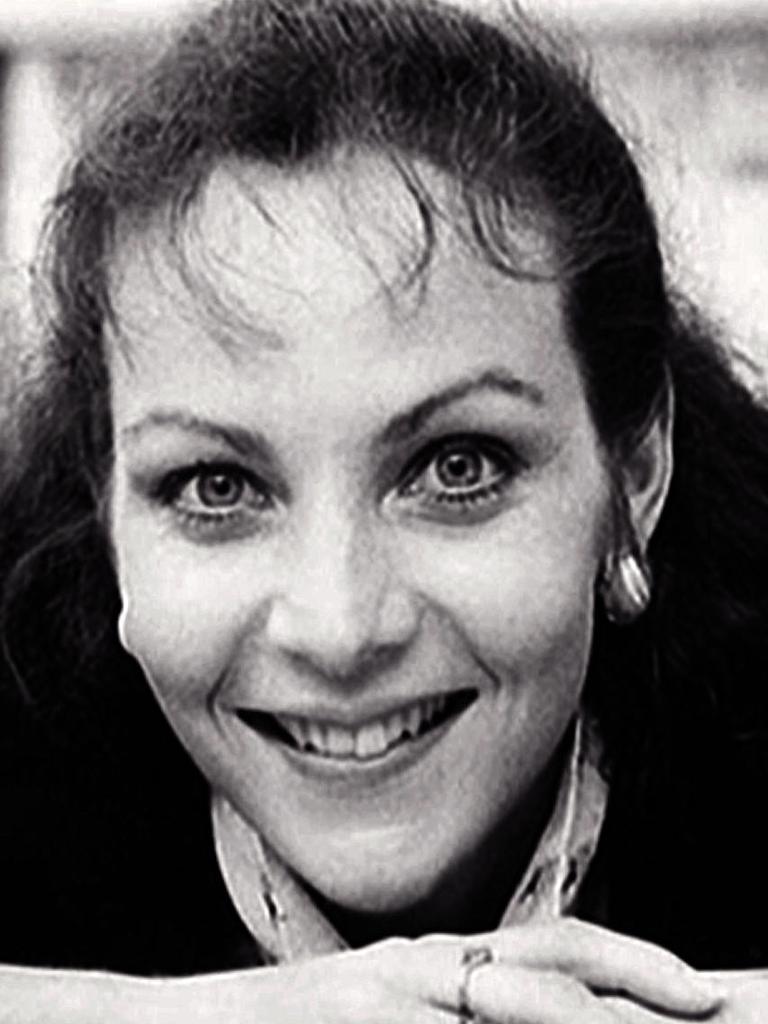
Ms Clarke and her children were murdered by her estranged husband during the morning school run in a crime so horrific that it put the scourge of domestic violence on the national agenda.
Both families helped to raise awareness of coercive control – a term that was not used when Ms Baden-Clay was murdered – leading to a change in legislation.
Ms Carroll said despite this and the terrible figures, she still believed domestic violence was under-reported.
“We know from the commission of inquiry (into QPS responses to domestic and family violence) that it is very under-reported still … 80 per cent under-reporting,” she said.
“I do believe a lot more people are reporting, there’s better reporting, there’s better responses, but certainly there’s been increases.
“And the statistic is a sad indictment, really. How much more is this going to go up?”
Ms Carroll said that while police worked constantly to improve the quality of their responses, it would take a societal change to decrease the amount of violence within relationships.
“It starts from a very young age. It starts from families and parents and schools,” she said.
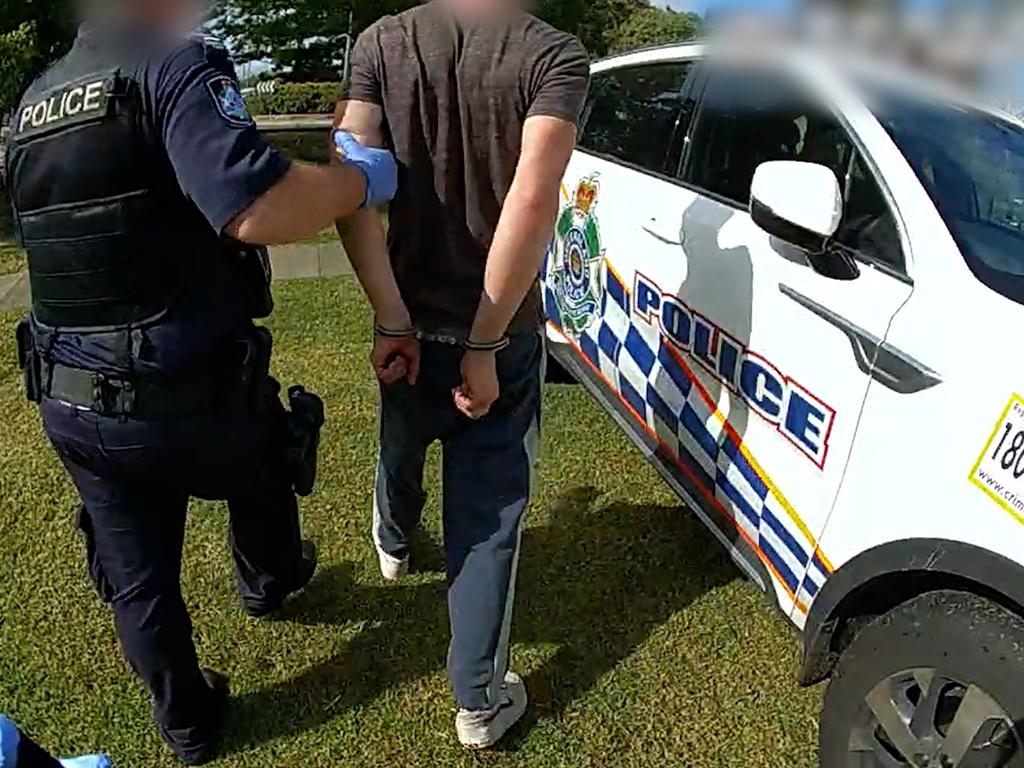
“It starts with equality and response and having that conversation constantly with your family.
“I think it’s challenging that there’s a lot of people … that consider the man is still in charge of the house. Everyone should be equal.
“The whole of society needs to have that discussion and shift that thinking around power.”
Ms Carroll admitted her officers were fatigued from spending hours every shift responding to domestic violence calls, sometimes repeatedly going to the same house.
She said police had developed a prediction matrix that allowed them to identify and intervene in dangerous relationships and high-risk offenders were constantly monitored and referred to services.
“There’s just so much of it. The demand, there is just so much of it,” Ms Carroll said.
“And when the officers go to their shift, they know that this is what their shift is going to be full of.
“And that inability to change things as quickly as they’d like to see change is what makes it really, really difficult.
“It is a hard, hard job.”
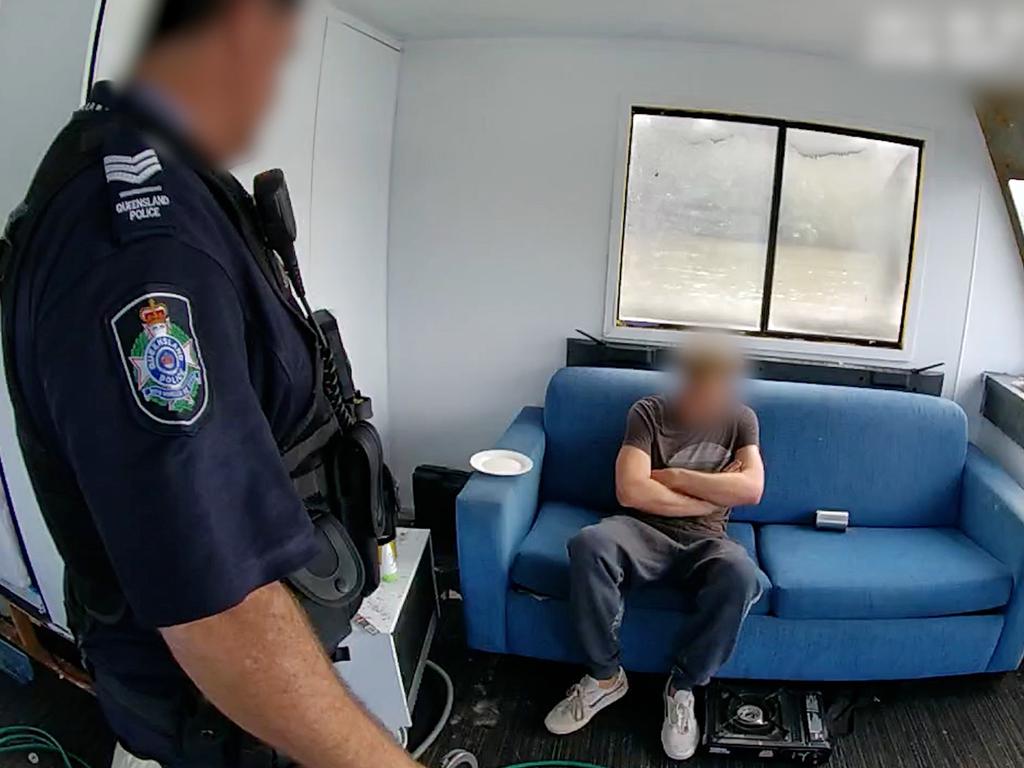
BY THE NUMBERS
FY 2022-23
16 people dead
171,750 domestic violence incidents
59,558 DVO breaches
146,299 calls for help
2854 cases of DV strangulation
Seven months – age of youngest fatality
More Coverage
Originally published as Domestic violence Qld: Top cop shocked by surge in statistics






